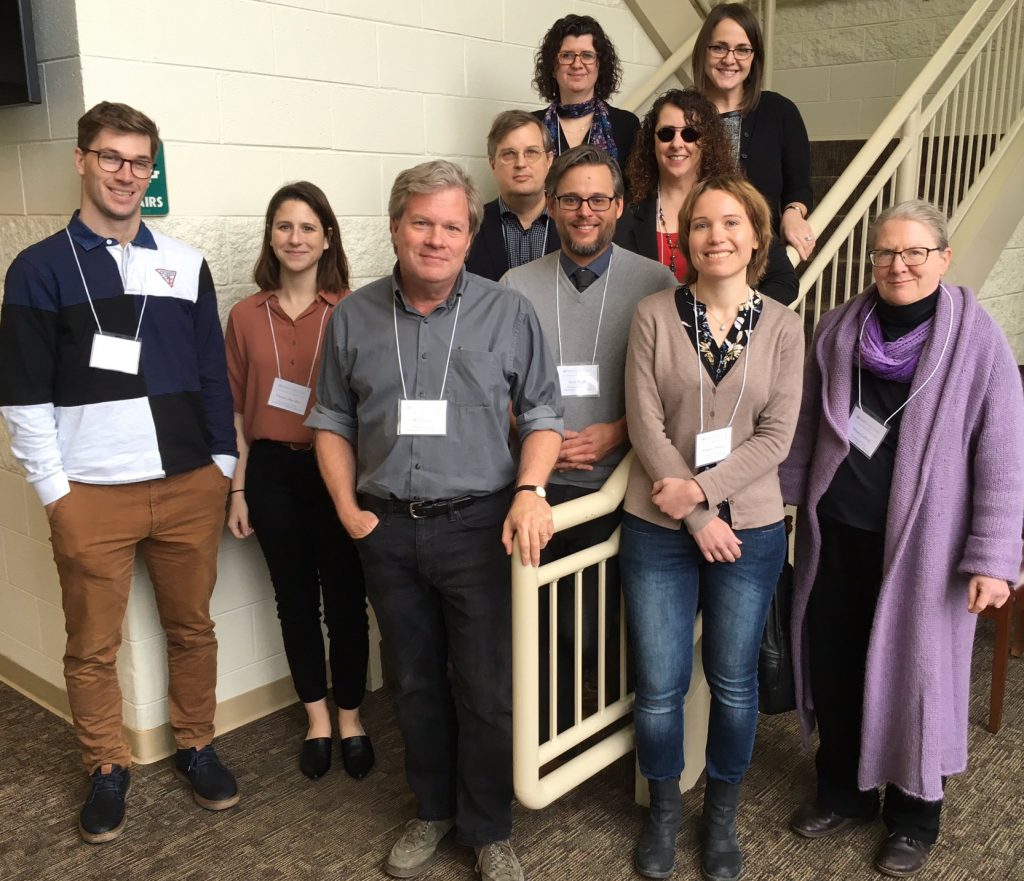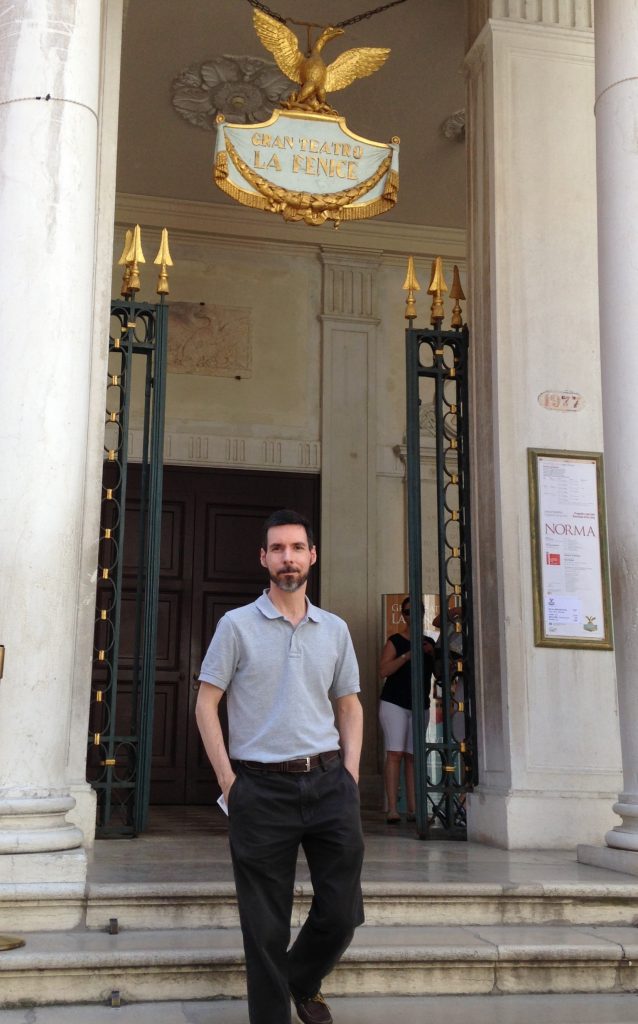Medieval & Renaissance Studies

Medieval Studies
Medieval Studies has a long history at UT, dating back to the early twentieth century and greatly enhanced by the foundation of the Marco Institute for Medieval and Renaissance Studies in 2003. Graduate students will find a library of primary and secondary literature in the field that is unsurpassed in the southeast, as well as an active and collegial interdisciplinary faculty from six participating departments in the College of Arts and Sciences. The medieval faculty members in English (Dzon and Perry), alongside distinguished emeriti (Heffernan, Howes, and Liuzza), have been the recipients of national and international awards. Their research interests range from Chaucer to medieval saints’ lives, from Beowulf to medieval horror, from ecocriticism to medievalism, with faculty expertise in Old and Middle English, medieval French and Latin, as well as manuscript studies, textual editing, and critical theory. Graduate students in medieval studies have won both institutional and national research funding, enabling them to pursue ambitious scholarly research, travel to archives in the United States and overseas, and work closely with professors on scholarly and editorial projects.

In addition to the MA and PhD, doctoral students in English can also receive a certificate in Medieval Studies. The Marco Summer Latin program, free to registered UT students, provides a wonderful opportunity for graduate students to begin their study or expand their knowledge of Latin. Students can also take coursework in codicology and paleography during the academic year.
Renaissance Studies

The Renaissance group offers comprehensive training in the literature, the major cultural contexts, and the critical legacies of sixteenth- and seventeenth-century England. Its faculty (Hirschfeld and Welch) and Emeriti (Bellamy and Stillman) have been the recipients of national and international awards and have served in editorial and administrative positions for various scholarly publications and associations. They provide expertise in the dramatic and non-dramatic literature of the period, the major authors (such as Shakespeare, Spenser, and Milton), and a wide range of scholarly fields including Reformation studies, early modern poetics and linguistics, authorship studies, European and global epic traditions, performance and print cultures, natural philosophy and political philosophy, as well as contemporary critical theory and psychoanalysis. Graduate students have access to exceptionally rich holdings in early modern studies at the John C. Hodges Library, including the Naseeb Shaheen Collection of more than 300 rare books printed in sixteenth- and seventeenth-century England.
As a group, professors Mary Dzon, Heather Hirschfeld, R.D. Perry, and Anthony Welch are vitally involved in the intellectual and organizational work of the Marco Institute, which offers exciting opportunities for graduate students to interact with faculty and fellow students across the disciplines and from other institutions. The medieval and Renaissance group includes scholars whose work is internationally known, as well as some of the department’s most accomplished teachers.

